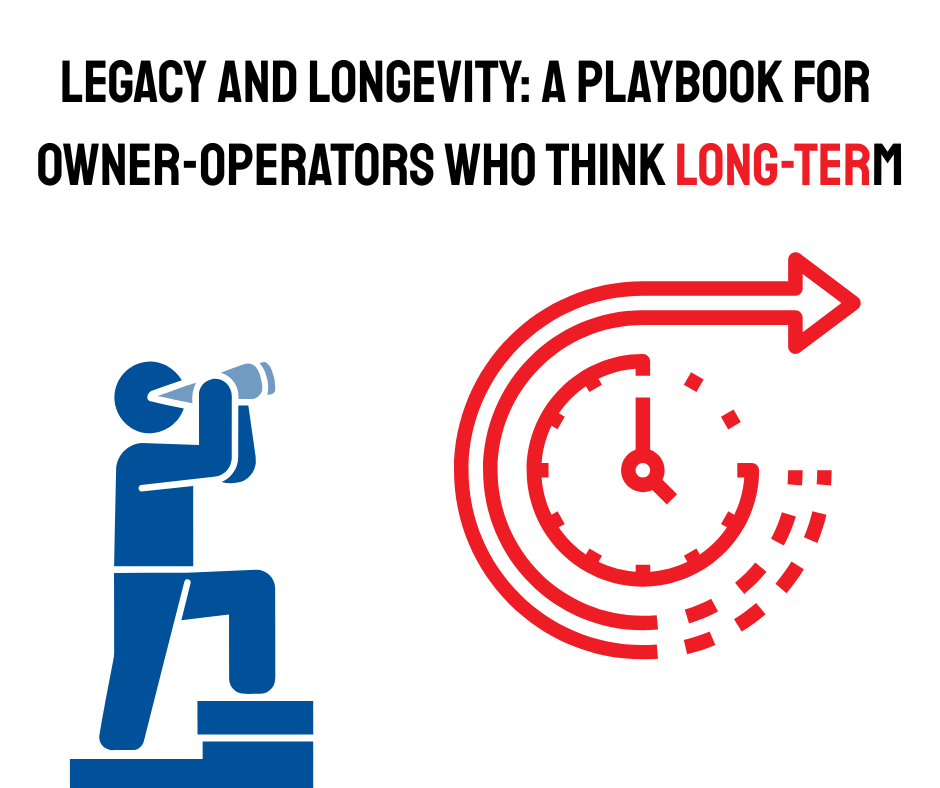Why Addressing Team Issues Often Backfires — And How to Avoid the Trap
Raising concerns about your team's dynamics can backfire, turning the conversation against you instead of addressing the issue. This defensive response often happens because the message feels like a personal attack. Here’s how to handle it effectively: focus on the issue, not the people, use empathy, and avoid accusatory language to keep the team’s attention on the problem.
577 words ~2.5 min. read
When you raise concerns about your team’s performance or behavior, it should ideally lead to constructive discussions and improvements. However, it’s not uncommon for these conversations to take an unexpected turn, with the spotlight shifting from the issue you’re raising to you, the messenger. Rather than focusing on the concern, people may become defensive, dismiss your message, or even perceive it as a personal attack.
Why does this happen, and how can you navigate it? Read on to learn why "doing the right thing" can provoke such defensive reactions and how to engage your team in more productive conversations.
The Emotional Hijack: Why Teams Get Defensive
When you raise a concern, it can feel like criticism, especially if the team or individual perceives it as a judgment on their abilities or commitment. This triggers a defensive mechanism. People focus on protecting themselves rather than addressing the issue at hand. According to research, when people feel their identity or competence is being questioned, it can activate an “emotional hijack,” where logical thinking takes a back seat to emotional reactions.
This defensive reaction often leads to two outcomes:
- Dismissal of the concern: The issue is downplayed or ignored.
- Attack on the messenger: The focus shifts to your behavior, tone, or intentions, rather than the issue itself.
Framing the Conversation Right
To avoid this defensive spiral, it's essential to approach the conversation in a way that minimizes the chance of emotional hijacking. Here are a few strategies to help your team focus on the problem, not the person bringing it up:
- Be specific, not personal: When addressing an issue, focus on observable behaviors or outcomes rather than individual traits. For example, instead of saying “You’re always late with reports,” frame it as “We’ve noticed the report deadlines are often missed, which affects our workflow.”
- Use collaborative language: Emphasize that the goal is to solve the issue as a team. Phrases like “Let’s find a way to improve this” can help shift the conversation from blame to problem-solving.
- Empathize and acknowledge emotions: Let the team know you understand their challenges. Empathy helps lower defenses by showing you’re not attacking their character but are instead concerned about the team's success.
Timing and Environment Matter
Choosing the right time and environment for these discussions is critical. Address concerns in a private, neutral setting rather than in front of the entire team, which can lead to public defensiveness. Additionally, be mindful of timing—if tensions are high after a stressful event, emotions may still be raw, and the conversation could backfire.
Prepare for Pushback
Despite your best efforts, some team members may still react defensively. When this happens, don’t escalate the situation. Stay calm, reiterate your intent to support the team’s goals, and offer to revisit the conversation after people have had time to process your feedback. Sometimes, giving space allows for more rational reflection.
Focus on Solutions, Not Blame
Bringing up concerns about team dynamics is never easy, but it’s crucial for growth and improvement. By framing the conversation in a way that minimizes defensiveness and emphasizes collaboration, you can keep the team focused on finding solutions, rather than getting distracted by emotional reactions. Focus on shared goals, use empathy, and be mindful of timing and delivery to keep the conversation productive and constructive.
For more strategies on managing difficult conversations in the workplace, check out Harvard Business Review’s “How to Give and Receive Feedback” or Inc.'s advice on building effective teams.
---
The Leavenworth-Lansing Area Chamber of Commerce is a private non-profit organization that aims to support the growth and development of local businesses and our regional economy. We strive to create content that not only educates but also fosters a sense of connection and collaboration among our readers. Join us as we explore topics such as economic development, networking opportunities, upcoming events, and success stories from our vibrant community. Our resources provide insights, advice, and news that are relevant to business owners, entrepreneurs, and community members alike. The Chamber has been granted license to publish this content provided by Chamber Today, a service of ChamberThink Strategies LLC.




